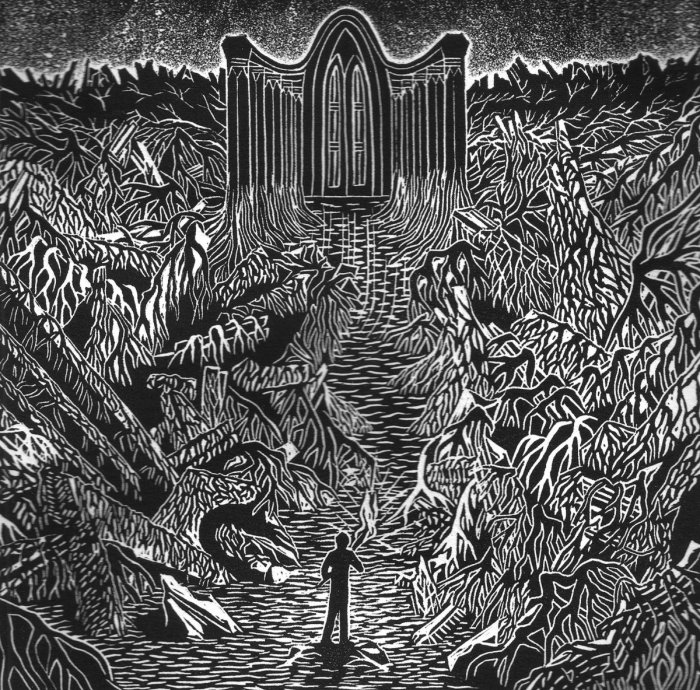What was victor frankenstein’s strongest motivation for creating life – Victor Frankenstein’s relentless pursuit to create life stands as one of literature’s most enduring and enigmatic quests. Driven by an insatiable thirst for knowledge, a longing for immortality, and a profound sense of loneliness, Frankenstein’s motivations are a complex tapestry of scientific ambition, existential angst, and hubristic desires.
Frankenstein’s fascination with the natural world and scientific discoveries fueled his unwavering belief in the power of human knowledge to unravel the secrets of life. His relentless pursuit of understanding led him to delve into the forbidden realms of alchemy and anatomy, seeking to unlock the mysteries of creation.
Victor Frankenstein’s Strongest Motivations for Creating Life: What Was Victor Frankenstein’s Strongest Motivation For Creating Life

Victor Frankenstein’s relentless pursuit of knowledge and his desire for immortality and legacy were the driving forces behind his ambition to create life. His fascination with science and Enlightenment ideas fueled his scientific aspirations, while his fear of death and longing for a lasting legacy motivated him to overcome his own mortality.
Additionally, his loneliness and isolation contributed to his obsession with creating a companion, and his desire for control over life and nature led him to assert his dominance and power.
Victor Frankenstein’s Obsession with Science and Knowledge, What was victor frankenstein’s strongest motivation for creating life
Frankenstein’s fascination with the natural world and scientific discoveries ignited his desire to understand the secrets of life and death. He relentlessly pursued knowledge, studying chemistry, anatomy, and natural philosophy. His obsession with scientific inquiry is evident in his tireless experiments and his determination to create a living being from scratch.
The Enlightenment’s emphasis on reason and scientific progress further fueled Frankenstein’s ambitions. He believed that through science, he could unlock the mysteries of nature and achieve the ultimate goal of creating life.
The Desire for Immortality and Legacy
Frankenstein’s fear of death and his longing for immortality played a significant role in his motivation to create life. He yearned to leave a lasting legacy and to overcome his own mortality. By creating a creature that could potentially live forever, he sought to extend his own existence and achieve a form of immortality.
Frankenstein’s desire for a lasting legacy was also evident in his obsession with fame and recognition. He believed that his creation would bring him glory and ensure his place in history.
The Influence of Loneliness and Isolation
Frankenstein’s isolated upbringing and lack of meaningful relationships contributed to his obsession with creating a companion. He longed for companionship and a sense of belonging. His creation of the creature was an attempt to fill the void in his life and to find a connection with another living being.
The creature, in Frankenstein’s mind, represented a reflection of his own emotional needs. He saw in the creature a potential friend, confidant, and companion.
The Search for Control and Mastery
Frankenstein’s desire for control over life and nature was another driving force behind his creation of life. He sought to assert his dominance and power over the natural world. By creating a living being, he believed he could gain ultimate control over life and death.
Frankenstein’s hubris and belief in his own superiority led him to disregard the ethical implications of his actions. He saw himself as a creator and master, entitled to manipulate life as he saw fit.
FAQ Resource
What was Victor Frankenstein’s primary motivation for creating life?
Frankenstein’s primary motivation was a combination of scientific curiosity, a desire for immortality, and a profound sense of loneliness.
How did Frankenstein’s scientific ambitions influence his desire to create life?
Frankenstein’s fascination with the natural world and scientific discoveries led him to believe that he could unlock the secrets of life through human knowledge and experimentation.
In what ways did Frankenstein’s loneliness contribute to his obsession with creating a companion?
Frankenstein’s isolated upbringing and lack of meaningful relationships left him longing for companionship, which he sought to fulfill through the creation of the creature.

